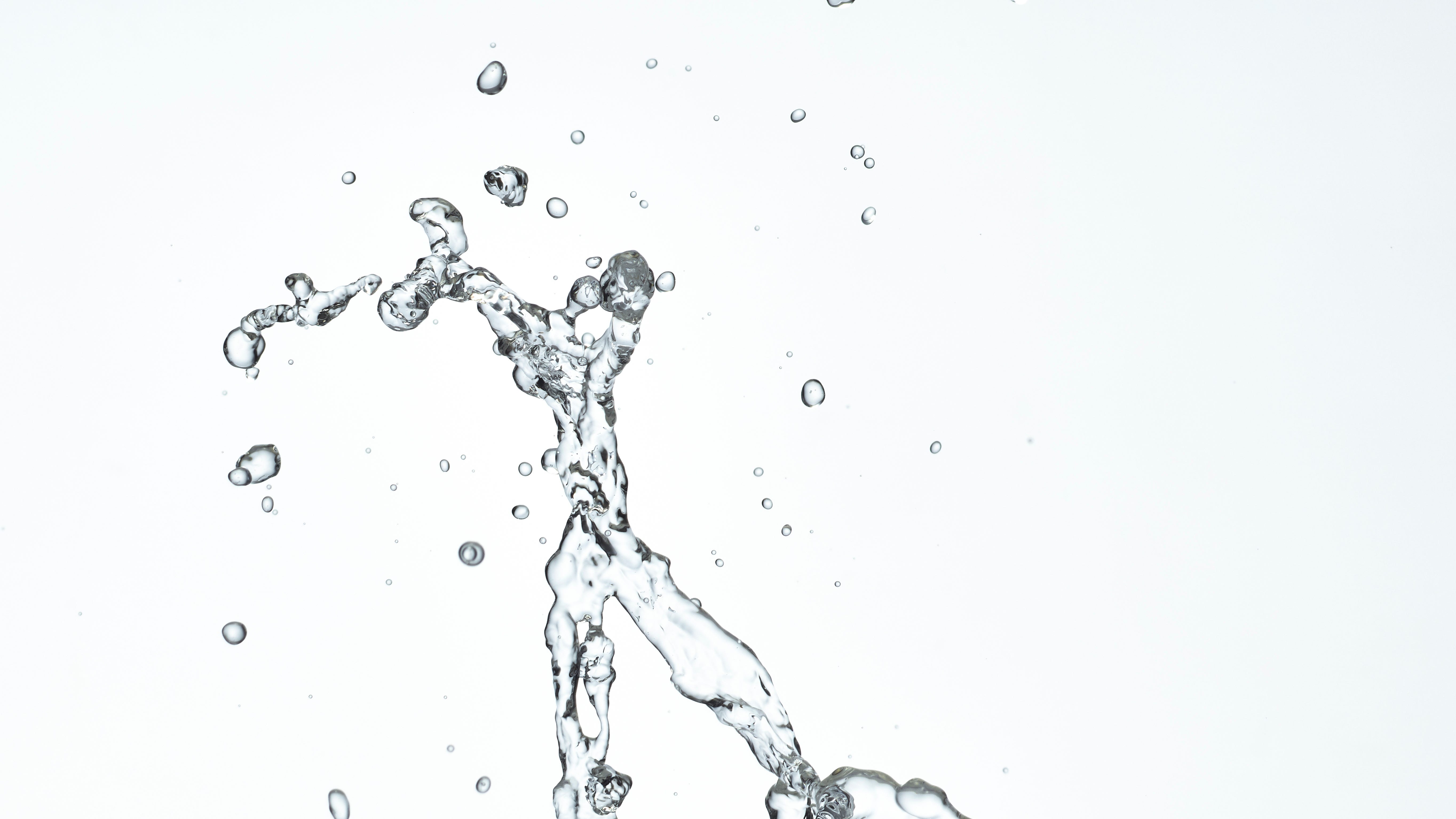
Ultrapure Water
Tap water or drinking water contain contaminants and impurities required to be eliminated for the use of sensitive applications. In order to reach product or patient safety, MANN+HUMMEL offers reverse osmosis and ultrafiltration products, to assure highest safety for sensitive processes. Heat sanitizable TurboClean RO and ULTRADYN ultrafiltration, assure pathogen-free filtrate according to USP88 standard and offer safe production of water for injection without the need for an evaporator, thereby increasing energy efficiency and production flexibility.
